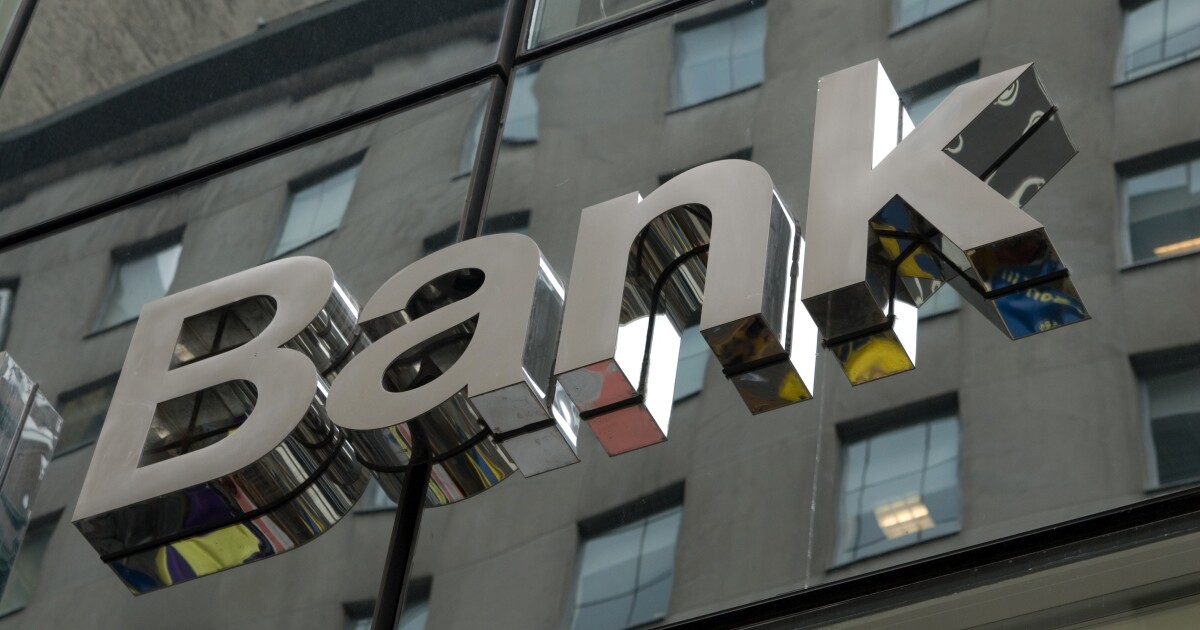
As the full-year impact of rising interest rates and inflation comes into focus, investors should expect banks to report the good, the bad and the uncertain in their fourth-quarter earnings, analysts say.
Net interest income will continue to buoy bank performance but is expected to level off as the Federal Reserve slows the pace of rate hikes in response to inflation. At the same time, if economic volatility settles down, banks could see a rebound in fee revenue from capital markets as investors trade more and seek more advice on their portfolios.
As higher deposit costs cause more outflows, bank executives could be forced to explain how they expect to compete for new sources of funding. But the negative effects of sluggish deposit growth should be mitigated by weaker loan demand amid a tightening economy – unless borrowers stampede to banks for more loans to counteract the effects of inflation.
Finally, accounting for expected credit losses and how banks manage loan-loss provisions could reveal where banks think credit quality is heading in a new downward cycle. While banks' stock-market valuations seem to be pricing in higher losses, delinquencies and charge-offs are still below pre-2019 levels.
Here's a more in-depth look at what analysts will be watching for as quarterly earnings begin to roll in next week.



